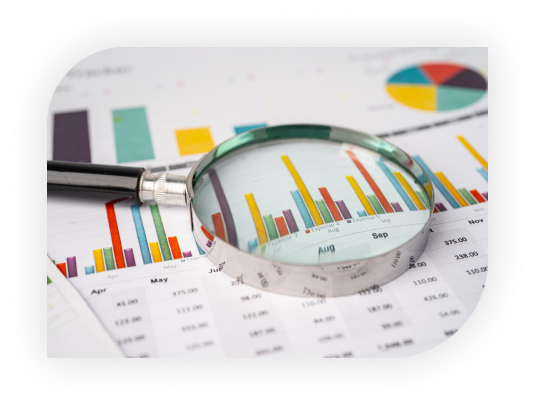Blog
Difference between Market Research and Marketing Analytics

Difference between Market Research and Market Analytics
A company's future decisions are dependent on future insights. Gaining information regarding the future can be a lengthy process and confusing for even the experts. Further, it gets complicated because there are many ways to gather the data and describe it interchangeably. Market research and Market Analytics are two forms of collecting data. Both of these practices provide valuable insights, but they differ in their processes. Choosing one method over another can bring profound differences in the type and usage of the data. This article will provide a look through the key differences between both.

What is Market Analytics?

Market Analytics can be defined as a process of examining a particular market, industry, or sector using current and past facts. Using these facts, potential insight of the present is defined. The data is analyzed based on the market's size and its potential. That implies the number of competitors, trends affecting its sales, and the number of distribution channels plays a vital role in the Market analysis process. In this way, a business finds it easier to understand their products better and works through the areas that need improvement.
Steps to conduct Market Analysis
The marketing Analytics process provides data that plays an essential role in the growth of the business. Initially, marketers find the process very complicated, But the process may be a bit difficult, but the benefits of properly curated analytics are impeccable. The method of conducting marketing analysis begins with setting the goals and then moving through each step.
Here are the steps of conducting Market Analysis:
Data science and marketing analytics are complementary and require closely related skillsets. However, understanding both the domains' objectives and responsibilities will aid in understanding the concepts and their differences at a granular level.
Planning
Before beginning, set goals so that you are not analyzing just like that. It would help if you had a reasonable plan for the process. First, estimate the expected ROI and then frame the programs. Focus on all the decisions that can affect the result can bring improvement in the process.
Implementation
Once the planning is done, the entire analysis process depends on how well the plans are implemented. Make sure to select the right team and use proper tactics and technology to gather the data.
Creating a culture
Even big companies that already have analytical teams fail to compile the data and complete the analytical activities. So, it is essential to create a culture that can prompt the organization to use the data for boosting revenue.
Optimization
When all the marketing tactics are tested for gathering the data, you are aware of which marketing activities are effective. For example, trade shows are great for leads, but webinars move the leads effectively towards the funnel.
